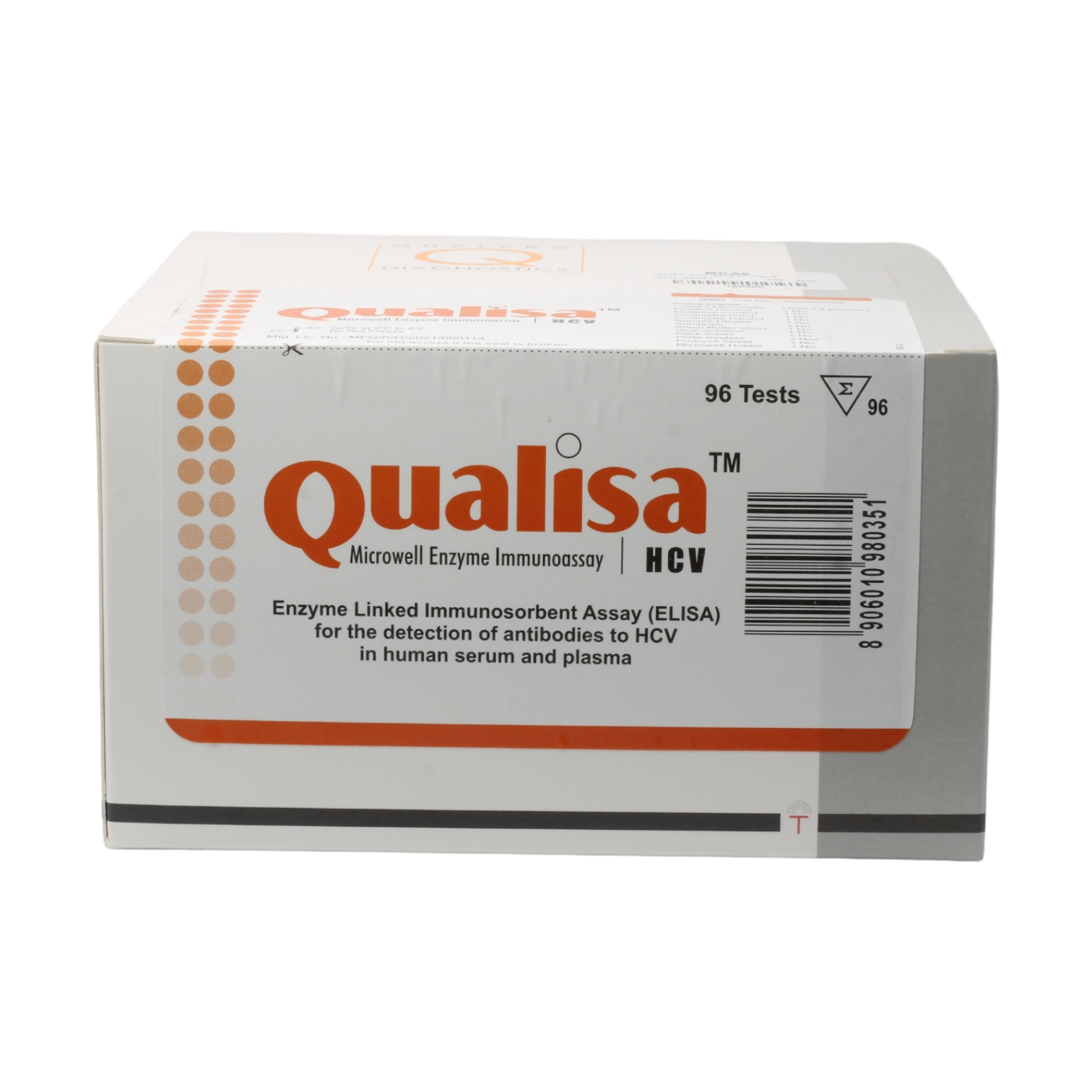Hepatitis C Virus (HCV) is now known to be the major cause of parenterally transmitted non-A, non-B hepatitis. Until the virus was characterized, diagnosis was made by exclusion of all other known causes of hepatitis. Antibody to HCV is found in over 80% of patients with
well documented non-A, non-B hepatitis. The worldwide prevalence of HCV is 0.2 to 2% in blood donors and up to 80% in intravenous-drug
users. Seroepidemiologic studies show that the seroprevalence of HCV infection in India varies between 0.3% to 11.3%. In a large
percentage of HCV cases, transmission is by transfusion and other parenteral means such as sharing of needles, occupational exposure to
blood and hemodialysis. However, in case of half of HCV infections, the route of transmission is unknown. HCV establishes a chronic
infection in 50 to 80% of cases. Chronic infection is often asymptomatic even in the presence of liver damage discernible on biopsy. Chronic
HCV is characterized by fluctuating alanine aminotransferase (ALT or SGPT) levels and recognizable changes in liver histology. Chronic
infection can lead to cirrhosis and hepatocellular carcinoma
Call +91 9824959824

















Reviews
There are no reviews yet.